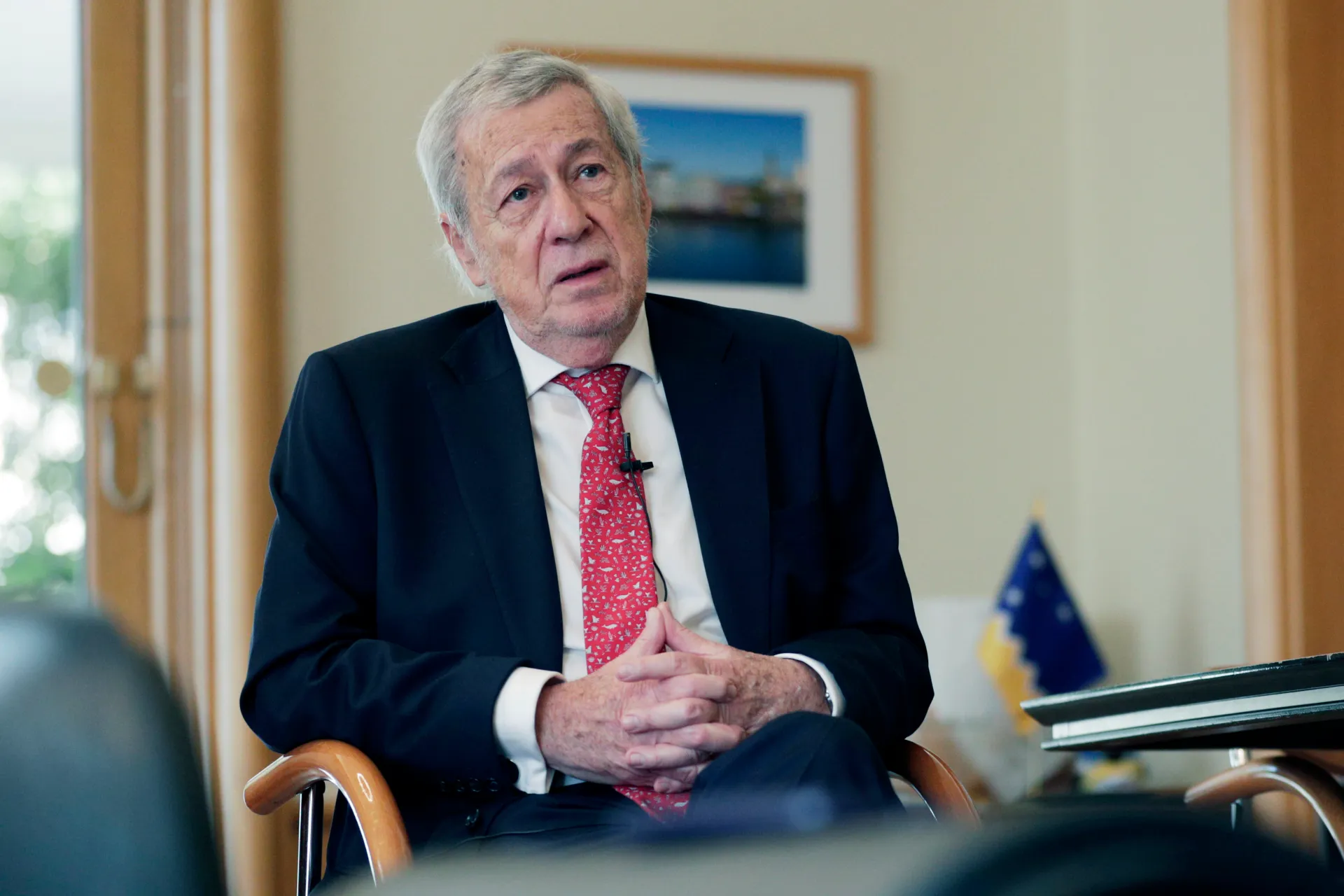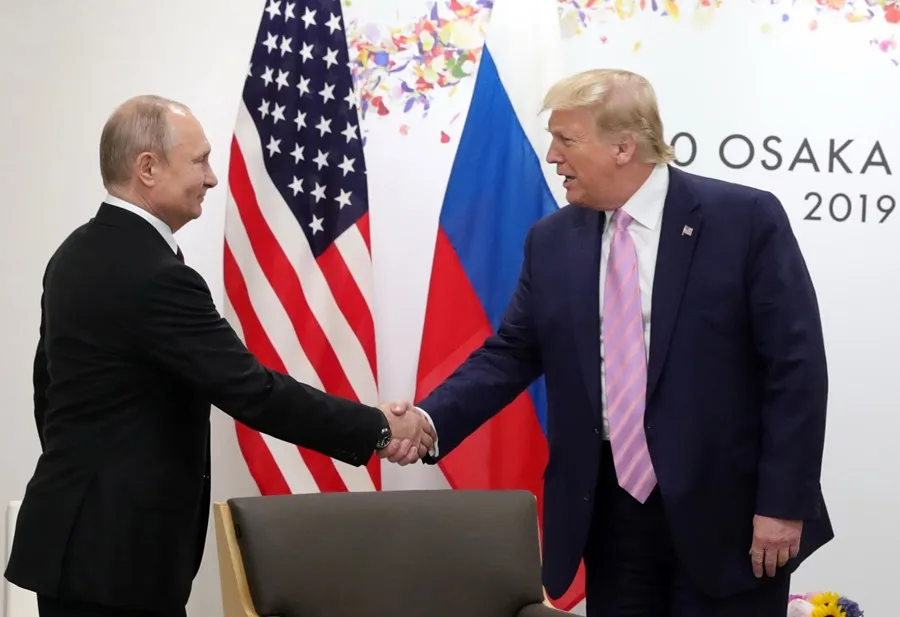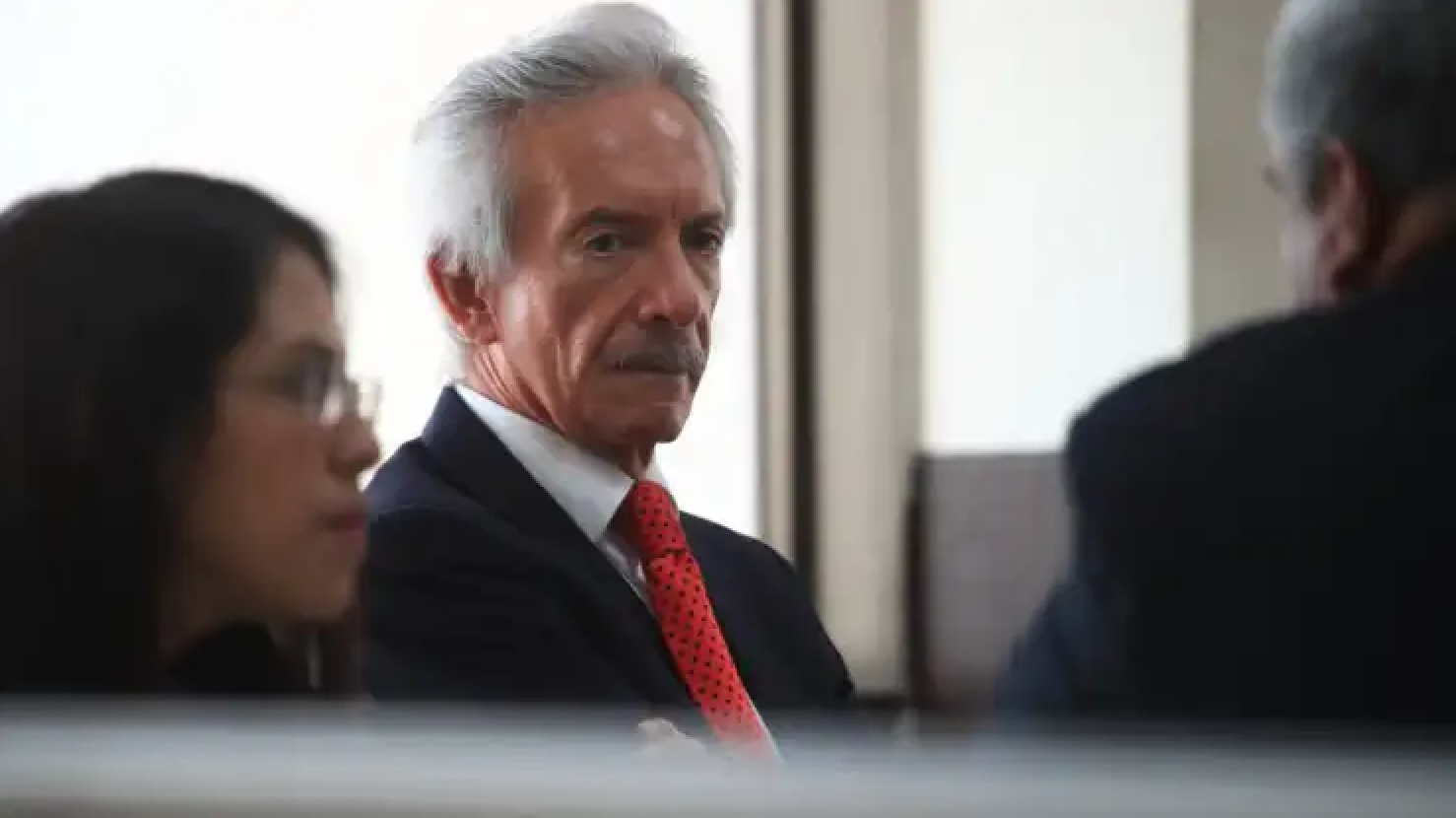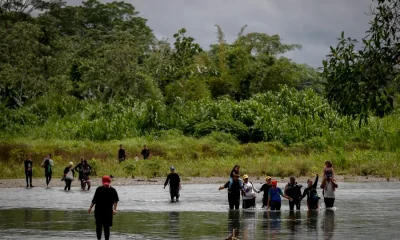International
“The Chilean government is more continuous than you think,” says its Foreign Minister Alberto van Klaveren

The Chilean Foreign Minister, Alberto van Klaveren, acknowledges in an interview with EFE that his Government, and especially President Gabriel Boric, have better approval outside than inside Chile and says that the progressive president leads a project with “much more continuity than is sometimes thought.”
For the 75-year-old diplomat, and a member of the most veteran and moderate wing of the Executive, Boric embodies a “new progressivism,” “with generational elements.” But it relies on “the management of previous progressive governments.”
“President Boric himself recognizes it. I am thinking about the relationship he has with former Presidents Bachelet and Lagos… There is much more continuity than is sometimes thought,” says Van Klaveren, who has been in office for a year.
Former ambassador and former Undersecretary of Foreign Affairs, Van Klaveren leads the Foreign Ministry at a complex time for global geopolitics, but admits that he receives less criticism from the opposition and citizens than other portfolios because Chilean foreign policy is assumed as a “state question.”
“I am struck by the contrast between the external image, not only of the president, but of Chile and his Government, and the internal image,” he adds.
On the eve of the International Press Freedom Day, which this year Unesco commemorates in Chile with a major event, the chancellor affirms that he is concerned about global disinformation campaigns, “driven by very dark sectors, linked to organized crime and even governments.” Which, in addition, affect different countries, especially in electoral processes.
For the diplomat, governments must face this threat with “greater transparency,” “more communication” and “more pluralism in the media.”
Van Klaveren also warns of an increase in “radicalization” in America and Europe, which “does not come from the moderate right, which has its space and great experience in terms of government.” But of “the alternative right, which begins to exert pressure on the rest of the political spectrum and has a chain impact.”
In some countries of the region, Van Klaveren also observes “a certain tendency” to authoritarianism, a phenomenon that, from his point of view, is a consequence of the crime crisis that crosses the continent and that leads citizens to prefer to renounce certain freedoms in exchange for security.
Boric is one of the toughest leaders with the Venezuelan president, Nicolás Maduro, and the bilateral relationship has had several impasses.
The last, following the Aragua Train, the criminal gang born in a Venezuelan prison and whose tentacles have spread throughout the continent, and the murder in February of Venezuelan lieutenant Ronald Ojeda, asylyled in Chile.
“It is highly likely that this crime has been organized outside Chile (…) We would like to think that it has not (it has been orchestrated by the Venezuelan Government), but obviously all hypotheses are open and it will be the judicial investigation that will have to clarify it,” he says.
With regard to the upcoming July elections in Venezuela, Van Klaveren does not want to go in to assess the options of the opposition. But he assures that Chile is interested in “contributing to the development of an open and plural electoral process, with guarantees.”
On the irruption of the Ecuadorian police in the Mexican embassy, another matter that has convulsed the region, the chancellor is clear in defending international law and the inviolability of diplomatic missions. But, in turn, he celebrates that the dispute has gone to international courts.
“It confirms a trend in Latin America that distinguishes us from other regions of the world and that has to do with the principle of the peaceful solution of differences,” he says.
Boric also stands out for being a defender of the Palestinian cause and one of the great critics of Israel’s offensive in Gaza, where more than 34,400 Palestinians have already died.
“We hope that both the United States and countries in the area, such as Saudi Arabia, can promote an agreement between Israel and Hamas that will stop the death of so many innocent people and achieve a relative normalization of the area,” he emphasizes.
Despite the criticism, Chile has never considered the breakdown of relations with Israel, as Colombia has done. In addition, Van Klaveren rules out that his support for the Palestinian State may affect his relations with the United States, the largest Israeli ally.
“There is understanding for our position. Obviously there may be differences in appreciation of what is happening, but our relationships are totally normal,” he says.
International
Trump urges Putin to reach peace deal

On Monday, U.S. President Donald Trump reiterated his desire for Russian President Vladimir Putin to “reach a deal” to end the war in Ukraine, while also reaffirming his willingness to impose sanctions on Russia.
“I want to see him reach an agreement to prevent Russian, Ukrainian, and other people from dying,” Trump stated during a press conference in the Oval Office at the White House.
“I think he will. I don’t want to have to impose secondary tariffs on Russian oil,” the Republican leader added, recalling that he had already taken similar measures against Venezuela by sanctioning buyers of the South American country’s crude oil.
Trump also reiterated his frustration over Ukraine’s resistance to an agreement that would allow the United States to exploit natural resources in the country—a condition he set in negotiations to end the war.
International
Deportation flight lands in Venezuela; government denies criminal gang links

A flight carrying 175 Venezuelan migrants deported from the United States arrived in Caracas on Sunday. This marks the third group to return since repatriation flights resumed a week ago, and among them is an alleged member of a criminal organization, according to Venezuelan authorities.
Unlike previous flights operated by the Venezuelan state airline Conviasa, this time, an aircraft from the U.S. airline Eastern landed at Maiquetía Airport, on the outskirts of Caracas, shortly after 2:00 p.m. with the deportees.
Interior Minister Diosdado Cabello, who welcomed the returnees at the airport, stated that the 175 repatriated individuals were coming back “after being subjected, like all Venezuelans, to persecution” and dismissed claims that they belonged to the criminal organization El Tren de Aragua.
However, Cabello confirmed that “for the first time in these flights we have been carrying out, someone of significance wanted by Venezuelan justice has arrived, and he is not from El Tren de Aragua.” Instead, he belongs to a gang operating in the state of Trujillo. The minister did not disclose the individual’s identity or provide details on where he would be taken.
International
Son of journalist José Rubén Zamora condemns father’s return to prison as “illegal”

The son of renowned journalist José Rubén Zamora Marroquín, José Carlos Zamora, has denounced as “illegal” the court order that sent his father back to a Guatemalan prison on March 3, after already spending 819 days behind barsover a highly irregular money laundering case.
“My father’s return to prison was based on an arbitrary and illegal ruling. It is also alarming that the judge who had granted him house arrest received threats,” José Carlos Zamora told EFE in an interview on Saturday.
The 67-year-old journalist was sent back to prison inside the Mariscal Zavala military barracks on March 3, when Judge Erick García upheld a Court of Appeals ruling that overturned the house arrest granted to him in October. Zamora had already spent 819 days in prison over an alleged money laundering case.
His son condemned the situation as “unacceptable”, stating that the judge handling the case “cannot do his job in accordance with the law due to threats against his life.”
-

 Central America5 days ago
Central America5 days agoNicaragua denounces Costa Rica’s position in SICA as aligned with foreign interests
-

 Central America5 days ago
Central America5 days agoNicaragua’s new judicial law consolidates power in Ortega and Murillo’s hands
-

 Central America5 days ago
Central America5 days agoPanama’s president declares Darién gap ‘closed’ amid sharp drop in migrant flow
-

 International3 days ago
International3 days agoSon of journalist José Rubén Zamora condemns father’s return to prison as “illegal”
-

 International5 days ago
International5 days agoMarco Rubio warns Venezuela against military action against Guyana
-

 International3 days ago
International3 days agoMiyazaki’s style goes viral with AI but at what cost?
-

 Central America2 days ago
Central America2 days agoPanama police clarifies that Interpol alert for Martinelli is still pending
-

 International2 days ago
International2 days agoDeportation flight lands in Venezuela; government denies criminal gang links
-

 Central America16 hours ago
Central America16 hours agoU.S. Homeland Security Secretary urges Mexico to strengthen Guatemala border
-

 International16 hours ago
International16 hours agoTrump urges Putin to reach peace deal
-

 Central America16 hours ago
Central America16 hours agoPanama grants Martinelli 72-hour extension to travel to Nicaragua
-
Central America4 days ago
Nicaragua revokes legal status of 10 more NGOs, bringing total to over 5,600















